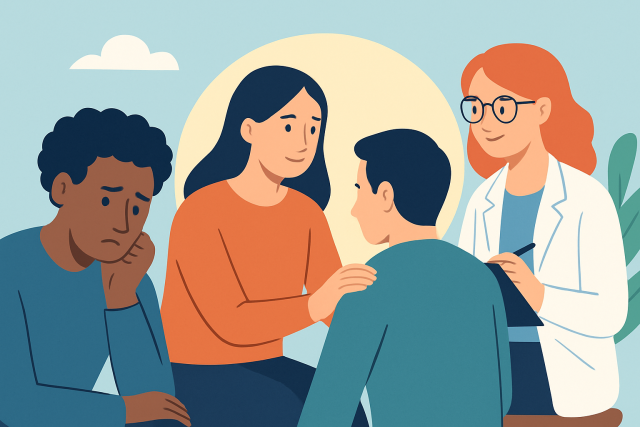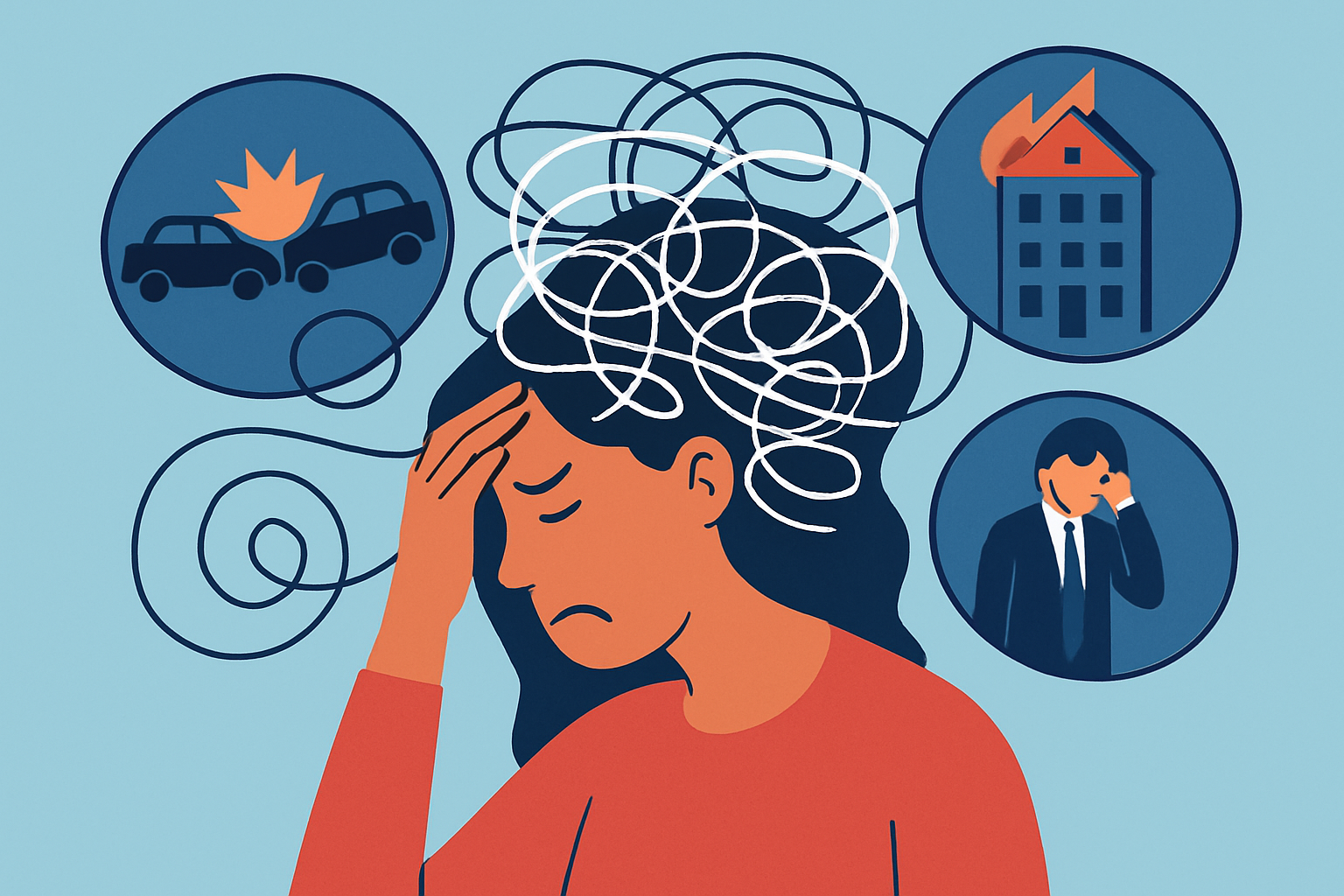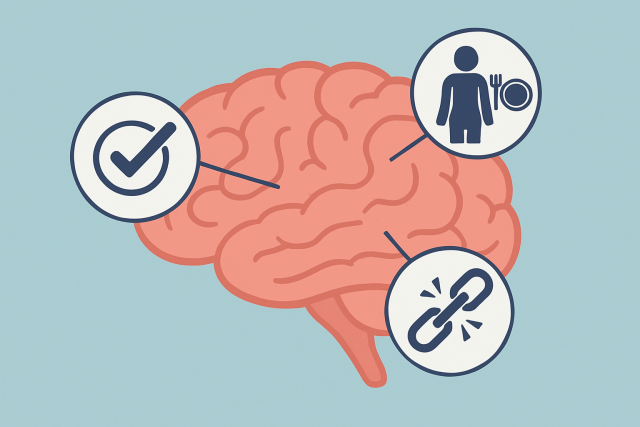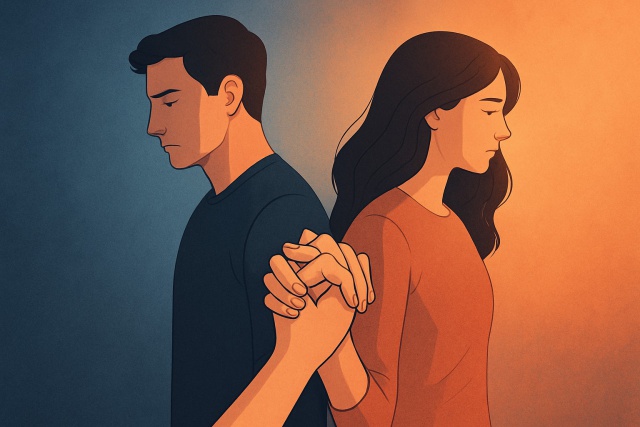
What Should You Know About OCD?
Discover everything you need to know about OCD — from recognizing symptoms to effective treatments —...
Real Event OCD is a specific type of Obsessive-Compulsive Disorder where individuals wrestle with intrusive thoughts and compulsions connected to real past or ongoing events. Unlike the more familiar kinds of OCD that often fixate on irrational fears or imaginary scenarios, Real Event OCD is all about actual experiences that have already taken place. This can land someone in a whirlwind of confusion and emotional turmoil.
Real Event OCD is all about obsessive thoughts fixated on things that really took place or are happening now. These obsessions bring persistent doubts and a kind of mental rerun where details get played over and over or a stream of ongoing questions tied directly to actual events—not made-up hypotheticals or vague abstract fears.
Unlike classic OCD where someone might fret about germs or mull over what could go wrong if they forgot to lock a door, a person with Real Event OCD gets stuck replaying past conversations on an endless loop. They second-guess whether they slipped up or if a single mistake sparked serious fallout.
People dealing with Real Event OCD often find themselves haunted by strong intrusive thoughts tied to real-life events they just cannot stop replaying in their minds. It is like their brain hits the replay button over and over trying to make sense of it all.
These symptoms really set themselves apart from your garden-variety worry or regret because of their intensity and frequency. They have a downright compulsive nature. Unlike the kind of reflection most of us do now and then, Real Event OCD can grab hold and spin a person around in a frustrating never-ending loop.
Recognizing Real Event OCD means catching those repetitive mental habits and compulsive behaviors that zero in on real events. It often sneaks in as overwhelming doubts and relentless replaying of thoughts
It really helps to spot the difference between healthy reflection and those pesky harmful ruminations by paying attention to whether your thoughts are flexible and flutter away quickly or if they stick around like an annoying song on repeat — rigid, repetitive and downright upsetting.

Real Event OCD often gets misunderstood or lumped together with general anxiety or trauma-related disorders. This can make things pretty confusing. What sets it apart is the compulsive side of those obsessions and rituals — it’s like an irresistible pull you can’t just shrug off.
Real Event OCD isn’t just about thinking twice or feeling a twinge of regret. It’s a whole different beast—marked by uncontrollable rituals and intrusive thoughts that can spiral into serious distress and throw everyday life completely off balance.
Real Event OCD arises from a tangled mix of how the brain ticks, thought patterns and emotional experiences that stick with us. Some areas of the brain seem to turn up the volume when it comes to spotting mistakes and sensing danger lurking around the corner. Psychologically speaking, certain biases about responsibility and perfectionism can really fan the flames of obsessive doubts.
These factors often kick off a stubborn cycle where the person finds themselves caught up in obsessive thoughts about real events. The compulsive actions meant to ease the anxiety usually end up feeding the obsessions instead.
Professional diagnosis and treatment are absolutely essential but there are also some practical strategies people can try to keep Real Event OCD symptoms in check day to day.
Putting these strategies into practice can really help break those stubborn obsessive cycles by easing compulsions and calming distress. Grounding techniques gently nudge the mind away from relentless rumination, while journaling and reaching out for professional support provide practical ways to confront and gradually soften anxiety triggers.
When Real Event OCD symptoms start to seriously disrupt daily life or cause ongoing distress, it is a good idea to seek out a professional evaluation sooner rather than later. Tackling the issue early on can make a world of difference, helping to keep symptoms from spiraling and paving the way for recovery with treatments that have solid research backing.
Treatments that tend to work well for Real Event OCD usually involve cognitive behavioral therapy and especially the exposure and response prevention method or ERP for short. This technique gently nudges patients to confront their obsessive thoughts rather than falling back on compulsive behaviors. Sometimes doctors add medications like selective serotonin reuptake inhibitors (SSRIs) alongside the therapy to help ease symptoms.

Discover everything you need to know about OCD — from recognizing symptoms to effective treatments —...

Discover the intricate link between OCD and eating disorders, how their symptoms overlap, and approa...

Language processing disorder impacts how children understand and use language. Learn to recognize ea...

Contempt is a toxic emotion that can erode love and respect in relationships. Discover what contempt...